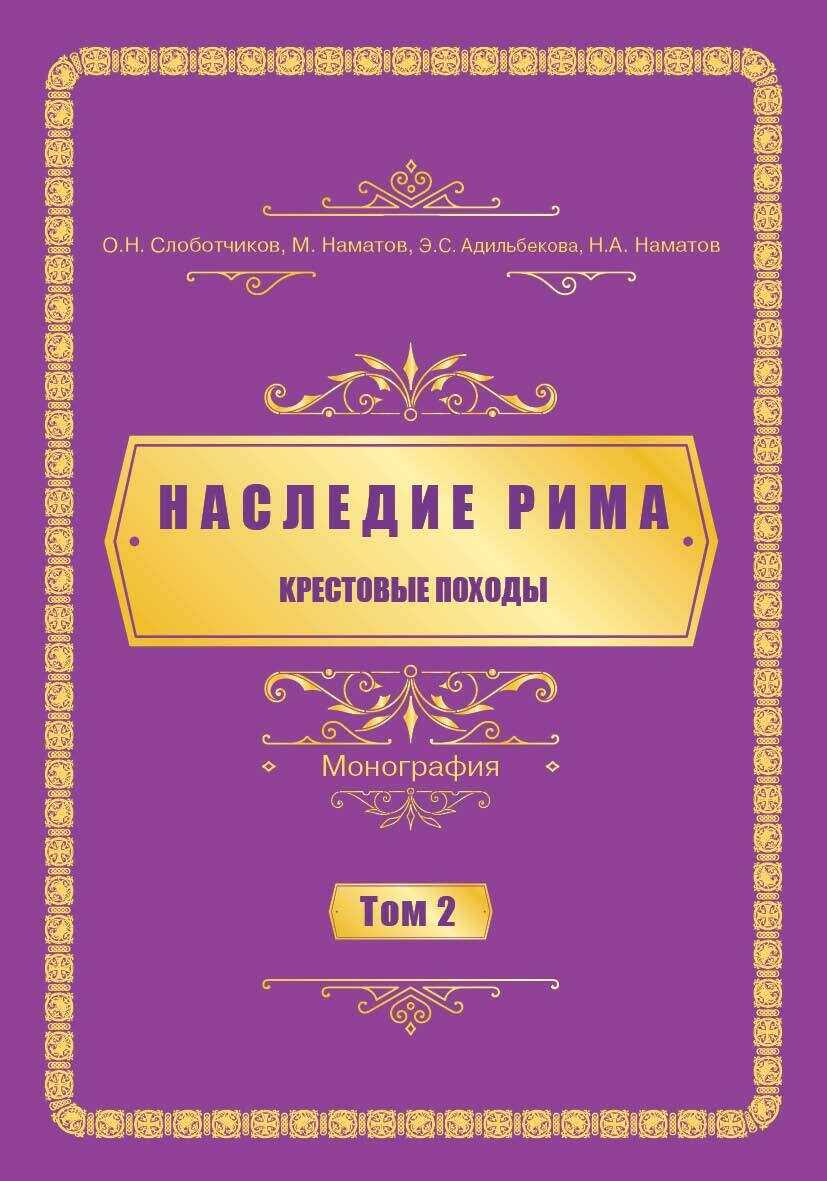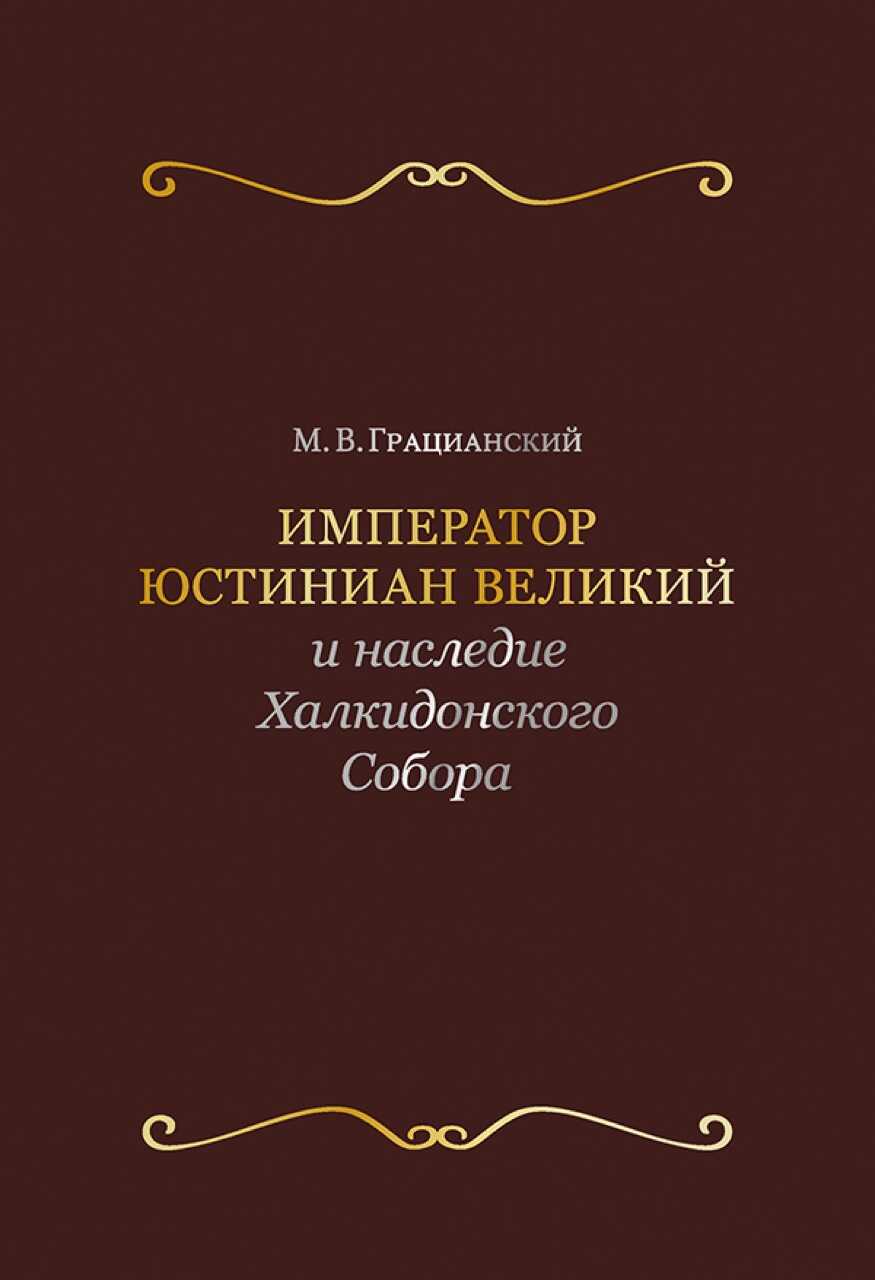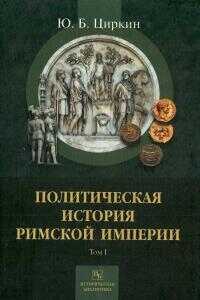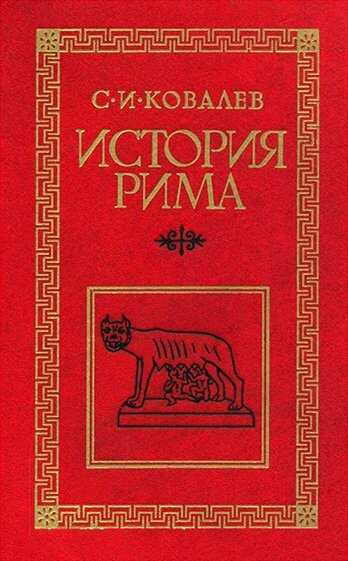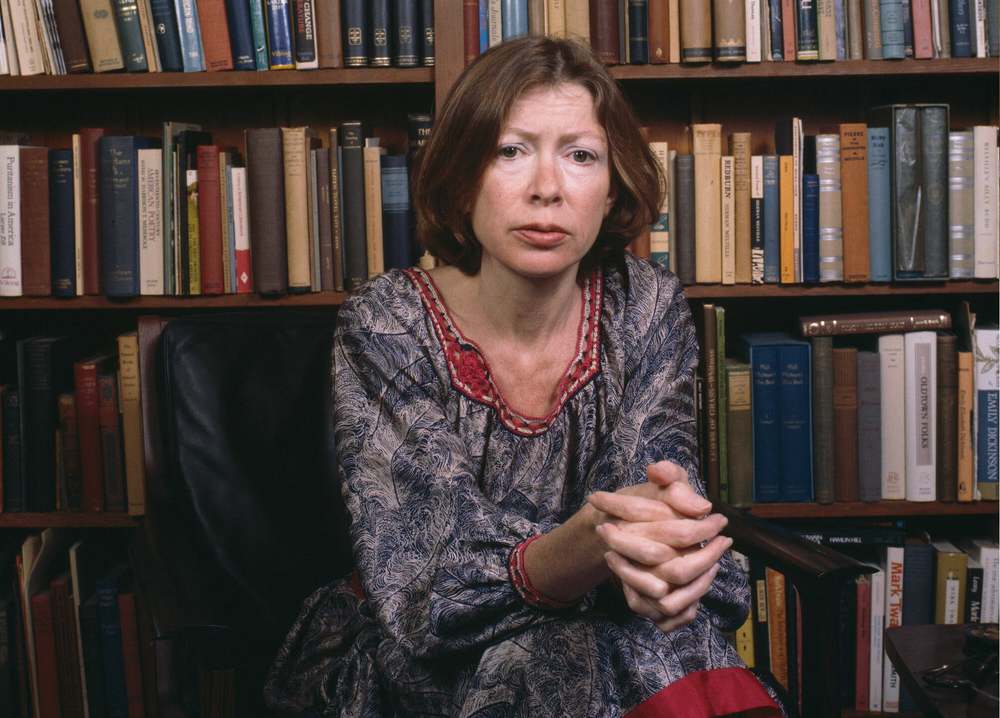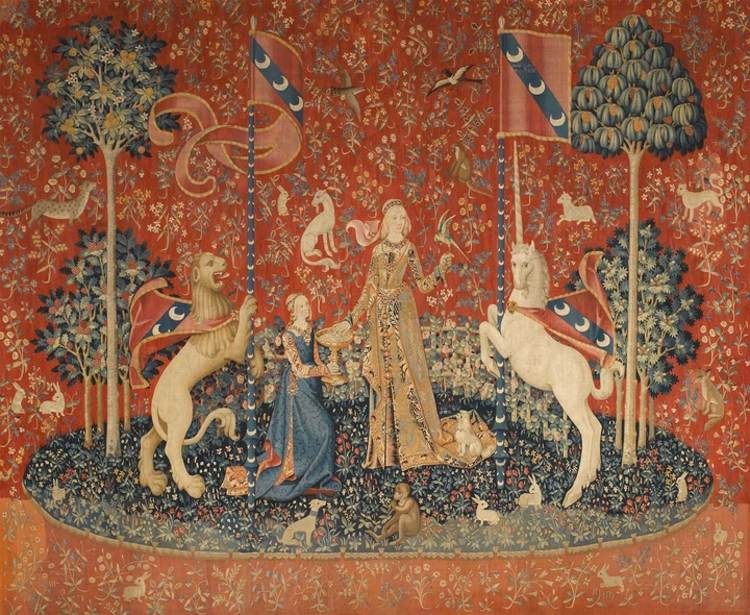Наследие Рима. Том 1. Oт Византии дo Кордовского Халифата и Османскoй империи - Нурлан Аманович Наматов
Книгу Наследие Рима. Том 1. Oт Византии дo Кордовского Халифата и Османскoй империи - Нурлан Аманович Наматов читаем онлайн бесплатно полную версию! Чтобы начать читать не надо регистрации. Напомним, что читать онлайн вы можете не только на компьютере, но и на андроид (Android), iPhone и iPad. Приятного чтения!
Шрифт:
Интервал:
Закладка:
678
He is said to be the tutor of Hızır Beg, who was the son of famous Yörgüç Pasha and was the sancakbey of Amasya. See Ismail Hakkı Uzunçarşilı, Osmanlı Tarihi, I, 1972, p. 450.
679
Ali b. Hüseyin el-Amâsî, Tarīku’l-Edeb, haz. Mehmet Şeker, Ankara: Diyanet Işleri Başkanlığı Yayınları, 2002, pp. 254–255.
680
For a similar usage of ‘Türkmen’ see Kemal, Selâtîn-nâme (1299–1490), haz. Necdet Öztürk, Ankara: TTK, 2001, pp. 180–181. Modern scholars also appriciate the usage of ‘türk’ and ‘türkmen’ with such connotation. See, for example, Irène Mélikoff, “L’Islam hétérodoxe en Anatolie”, in her Sur les traces du soufisme turc. Recherches sur l’Islam populaire en Anatolie, Istanbul: ISIS Press, 1992, p. 63. Mélikoff puts stress on that ‘türk’ indicates the sedentary Turkish people who became ordinary Muslims and Iranized culturally while ‘türkmen’ denotes nomadic or semi-nomadic Turkish groups who were either mal-Islamized or not Islamized.
681
Faruk Sümer, “Karāmān-oghullari”, EI2, IV, p. 619; “Karamanoğulları”, DIA, 24, p. 454.
682
Faruk Sümer, “Avşar”, DIA, 4, p. 160.
683
The reader might remember that Mehmed Beg of Karaman (d. 1277) declared, for the first time, Turkish as the only ofifcial language, forbidding the speaking any other language in “divan, dergāh, bārgāh, meclis, meydān”. Sümer puts special stress on two policies of Mehmed Beg’s: supporting the Turkish language and initiating the war of independence of Turkomans against the Mongols. See Sümer, “Karamanoğulları”, DIA, 24, p. 455; Şehabeddin Tekindağ, “Şemsüddin Mehmed Bey Devrinde Karamanlılar”, ĐÜEFTD, 19, 1964, 81–98. Also consider Faruk Sümer, “Anadolu’da Moğollar”, Selçuklu Araştırmaları Dergisi, I, 1969, рр. 1–147.
684
Cited and quoted in Faruk Sümer, “Karāmān-oghullari”, EI2, IV, p. 621.
685
Sümer, “Karāmān-oghullari”, EI2, IV, p. 619; “Karamanoğulları”, DIA, 24, pp. 454–455.
686
Sümer, “Karamanoğulları”, DIA, 24, p. 454.
687
For a short assessment of Şikārī’s work, see Rudi Paul Lindner, “Appendix Two: Şikari”, in his Nomads and Ottomans, pp. 145–147.
688
See, for example, Şikârî, Şikâri’nin Karamanoğulları Tarihi, edited by Mes’ud Koman, Konya: Yeni Kitab Basımevi, 1946, pp. 10, 19, 20–21, 34.
689
Modern scholars agree upon the idea that the Karaman army was consisted of tribal forces inhabited central Anatolia, Tas-ili and Taurus region. See for example, Đnalcık, “Ottoman Methods of Conquest”, p. 118.
690
Şikârî summarizes this confederative system as follows: “Ol zamanda adet bu idi ki: etrafta olan beyler yılda bir kere üç gün gelüb Lārende’de sākin olurlardı. Sultandan yeni hüccet alub gene diyārlarına giderlerdi. Yahud Sultan çıkub etrafı devr iderdi. Ellerine hücceti nev verirdi. Zira azil ve nasb yokdu.” See Şikârî, p. 149.
691
Şikârî, pp. 47, 78.
692
Şikârî, pp. 78, 130.
693
Sümer, “Karāmān-oghullari”, EI2, IV, p. 623; “Karamanoğulları”, DIA, 24, p. 457.
694
Şikârî often accuses Ottomans for being not of noble blood, disloyal, not keeping their words. See, for example, Şikârî, pp. 149, 161, 162. Sufifce it to quote following expressions from Şikârî to show Turkoman perception of the Ottoman rule: “Ibn-i Osman’ın ne ahdi dürüstdür ne imanı!”. (Şikârî, p. 159.) “Bu ādem and içer tutmaz, ahd ider tutmaz. <…> Osmanoğlu’nun ne dostluğu belli ne düşmanlığı belli!” (Ibid, p. 165.) I would like to remind the different nature of relationships in bureaucratic state and tribal organization already delineated in this study. In the tribal mode of socio-political organization keeping one’s ‘word’ is of utmost importance since the relationships are constructed on face-to-face interactions. On the other hand, in the bureaucratic system, the system rests on a scribal base, thus personal relationships are always subordinated by impersonal rules. See “Theoretical Framework” in this study.
695
Şikârî, p. 141.
696
Şikârî, p. 191.
697
KPZ8, p. 40.
698
Sümer, “Karāmān-oghullari”, EI2, IV, p. 624; “Karamanoğulları”, DIA, 24, p. 459.
699
Şikârî, pp. 206–207. As will be delineated, Bayram Beg Qaramanlu was among famous seven great qizilbash sufis of Lahijān, who protected, educated, and trained young Ismail. Following the foundation of the qizilbash state of Ismail, he undertook high-ranking functions. See “The Rise of Shah Ismail” in this study.
700
For a detailed examination of this attempt see “The Qaraman Uprising, 1500” in this study.
701
On one occasion, Kemalpaşazāde recounts Yüregir, Kuşunlu, Varsak, Kara Đsalu, Özerlü, Gündüzlü, and Kuş Temurlu among Tas-ili tribes. See KPZ8, p. 88.
702
Halil Inalcık, “The Yürüks”, p. 106.
703
“This is a region very precipitous and dififcult to access … it was a den of mischief and the station of seditious-natures and bad-races.” KPZ8, pp. 40, 52.
704
“The tribes of aforementioned region did not hitherto accept suzerainty and service of any sultan.” KPZ8, p. 87.
705
KPZ8, pp. 88, 90, 103, 104.
706
Turgutlu tribe lived in Taşlık-Silifke region and in the area between Akşehir, Aksaray, and Karaman. See Faruk Sümer, “Turgut-eli”, IA, 12/2, p. 120.
707
Hammer, Osmanlı Tarihi, III, trs. M.Ata, Đstanbul, 1330, p. 92.
708
Togan, Umumi Türk Tarihine Giriş, Đstanbul: Enderun Kitabevi, 1981, pp. 318–319.
Прочитали книгу? Предлагаем вам поделится своим отзывом от прочитанного(прослушанного)! Ваш отзыв будет полезен читателям, которые еще только собираются познакомиться с произведением.
Уважаемые читатели, слушатели и просто посетители нашей библиотеки! Просим Вас придерживаться определенных правил при комментировании литературных произведений.
- 1. Просьба отказаться от дискриминационных высказываний. Мы защищаем право наших читателей свободно выражать свою точку зрения. Вместе с тем мы не терпим агрессии. На сайте запрещено оставлять комментарий, который содержит унизительные высказывания или призывы к насилию по отношению к отдельным лицам или группам людей на основании их расы, этнического происхождения, вероисповедания, недееспособности, пола, возраста, статуса ветерана, касты или сексуальной ориентации.
- 2. Просьба отказаться от оскорблений, угроз и запугиваний.
- 3. Просьба отказаться от нецензурной лексики.
- 4. Просьба вести себя максимально корректно как по отношению к авторам, так и по отношению к другим читателям и их комментариям.
Надеемся на Ваше понимание и благоразумие. С уважением, администратор knigkindom.ru.
Оставить комментарий
-
 Гость Даша11 февраль 11:56
Для детей подросткового возраста.Героиня просто дура,а герой туповатый и скучный...
Лесная ведунья 3 - Елена Звездная
Гость Даша11 февраль 11:56
Для детей подросткового возраста.Героиня просто дура,а герой туповатый и скучный...
Лесная ведунья 3 - Елена Звездная
-
 Гость Таня08 февраль 13:23
Так себе ,ни интриги,Франциски Вудворд намного интересней ни сюжета, у Франциски Вундфорд намного интересней...
Это моя территория - Екатерина Васина
Гость Таня08 февраль 13:23
Так себе ,ни интриги,Франциски Вудворд намного интересней ни сюжета, у Франциски Вундфорд намного интересней...
Это моя территория - Екатерина Васина
-
 Magda05 февраль 23:14
Беспомощный скучный сюжет, нелепое подростковое поведение героев. Одолеть смогла только половину книги. ...
Госпожа принцесса - Кира Стрельникова
Magda05 февраль 23:14
Беспомощный скучный сюжет, нелепое подростковое поведение героев. Одолеть смогла только половину книги. ...
Госпожа принцесса - Кира Стрельникова

